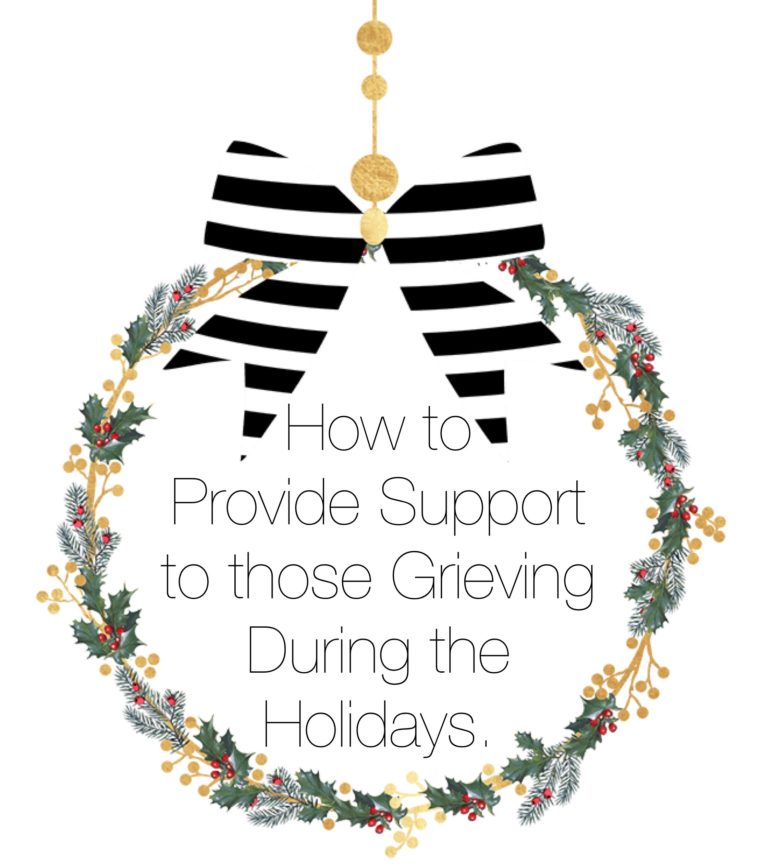
When life is stressful, kids look to adults show them how to respond.
Most people have heard about Mr. Rogers’ response in times of trouble. He said, “when I was a boy and would see scary things in the news, my mother would say to me, ‘Look for the helpers. You will always find people who are helping.'” I have found this message to be a comfort time and time again.
Children take their cues from adults. If we are scared and anxious and panicked, they will be too. However, if we are calm and confident that things will be OK, they, too, will rest in that assurance. The hard part is when it feels like things are falling apart around us and we don’t feel calm and confident. What do we do then? Fake it? Well, that’s one option. Let’s talk about some others.
- Practice Self Care – Finding ways to process hard things and stay regulated is critical to creating a peaceful environment for your kids. So, do all the things that help you offload stress and anxiety – paint, craft, mow the grass, do some calisthenics, pray, journal, organize the linen closet, read, watch a funny show, play a game, phone a friend, have some closet time. 🙂 Even being stuck at home, there are tons of options to help us unwind.
- Think in Terms of Prevention and Intervention – Both kids and adults need special things to keep us from reaching our limits, as well as, to calm down when we get there. Getting plenty of sleep, staying hydrated, eating well, avoiding sugar, connecting with others, having down time – these are great ways to boost our capacity to manage frustration and PREVENT meltdowns. And for INTERVENING when the meltdowns come, try some of those same things or these: time away, soft music, movement, coloring, building, a lovie – the list is endless.
- Limit Overstimulating Activities – Although being stuck inside seems like a great time for screen time (after all, it does keep them quiet), the research is clear that screens actually disrupt the brain’s ability to regulate. What we see is a delayed response that is often hard to connect back to the devices. I’m all for a fun show or educational game or interesting research – in moderation. The American Academy of Pediatrics recommends only an hour of screen time a day for children ages 18 months to 5 years. As for older children and teens – the most I’ve seen recommended is two hours a day. Not very much, is it? To better understand how electronic medias affect your child and her developing brain, as well as, to take charge of electronics and create a Family Media Use Plan, check out these articles: Infants and Preschoolers and School Aged Children and Adolescents
- Promote Play – Think back to when you were growing up and all the ways you played: hide and seek, building forts, barbies, Legos, arts and crafts, coloring, pretend play, cars, rocks and sticks, running and jumping and bicycling… Although a few of those things cannot be done in quarantine, so many others can. Even though children might balk at giving up screens, once they are engaged they usually won’t remember what they are missing. Pull out old toys and games and play with them, just to get them started. Small children sometimes need to be taught how to play and then given the freedom to do it their way. Choose a phrase from play therapy, “at our house, you can do that any way you’d like” to unlock their creativity.
- Explore Sensory Activities – we hear more and more about sensory processing and how our senses affect our mood (think weighted blankets.) I wish I knew then what I know now about the power of sensory activities. And when I say “then”, I mean always. It’s amazing how powerful it is to identify which sensory experiences dysregulate kids (and adults) and which ones regulate us. To learn more about how this works, check out the AMAZING resources below. These books are full of fun, engaging, sensory informed play for kids. AND the activities are simple and inexpensive. Win Win.
- Give Kids Feeling Words – Children don’t know how to express what they feel. They need us to teach them how to do that. The more we talk about our own feelings and name the feelings our kids seem to be displaying, the more competent our children will become in expressing theirs. It is critical that we give kids the freedom to feel the way they feel. This doesn’t excuse bad behavior that comes from big feelings. In fact, expressing feelings in healthy ways will reduce, and eventually eliminate, those behaviors. We need to teach kids that it’s OK to feel mad, sad, disappointed, frustrated, etc, but it is not OK to hurt ourselves or others when we feel those ways. Children need to be actively taught how to process and offload those kinds of feelings. And you are the perfect person to do just that. I’ve included more of my favorite resources to start the process below.
In uncertain times, we have to remember what is certain. For me, it’s knowing that Jesus Christ is the same yesterday, today and tomorrow. And He sits at the right hand of His Father, who is STILL on His throne. Remembering this allows me to be a helper. The children in your life are looking for helpers. They are looking to you. I know you are up to the task. If there is anything I can do to help you navigate these difficult days, please reach out here. We are all in this together!
Warmly, Erin














